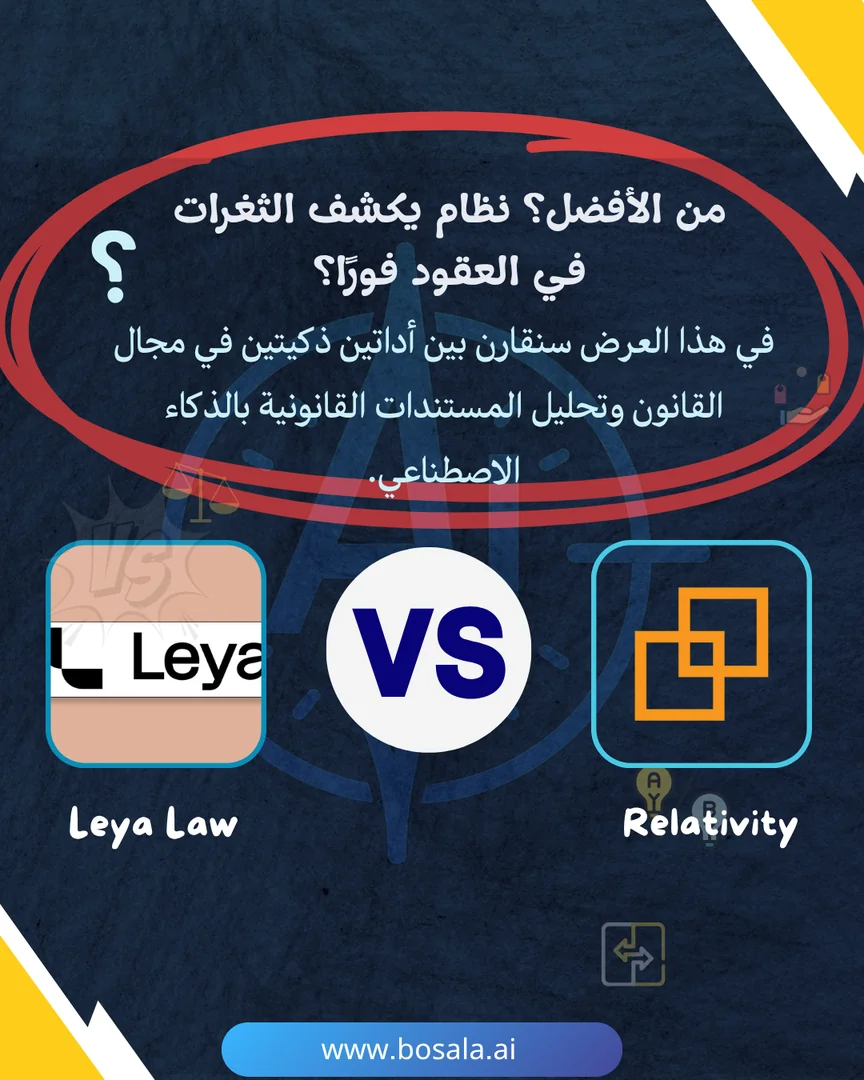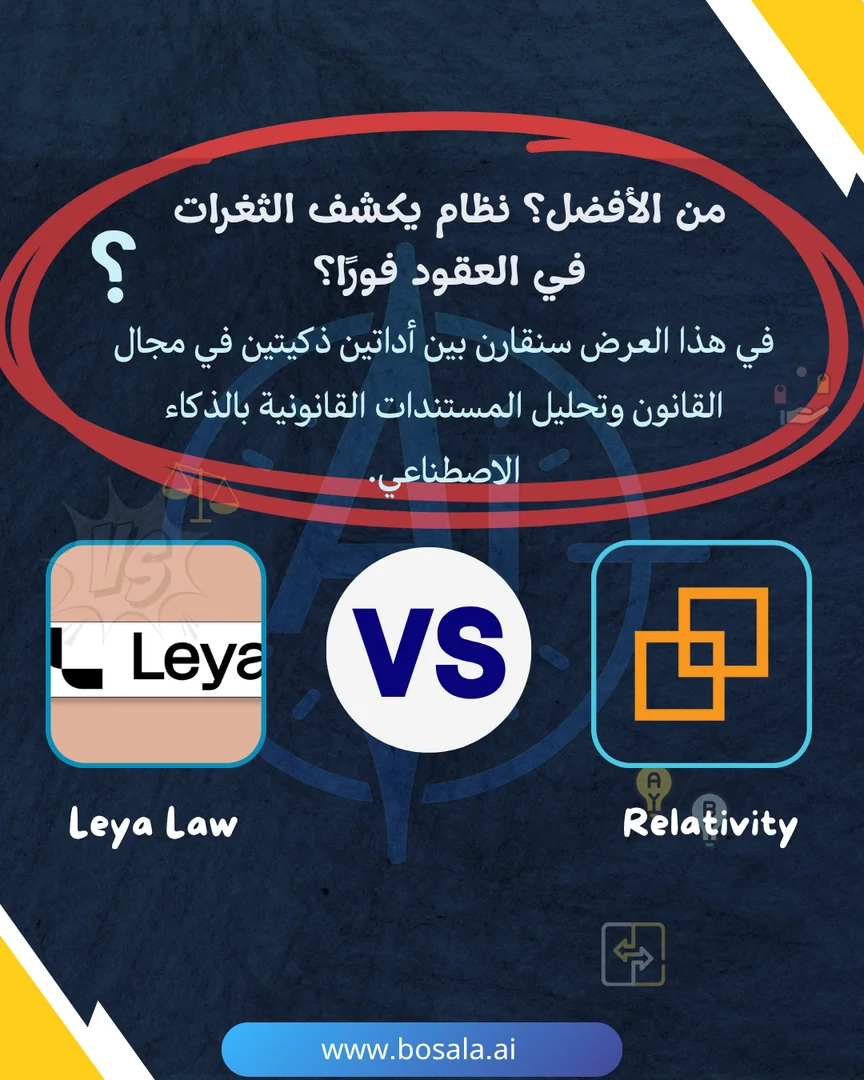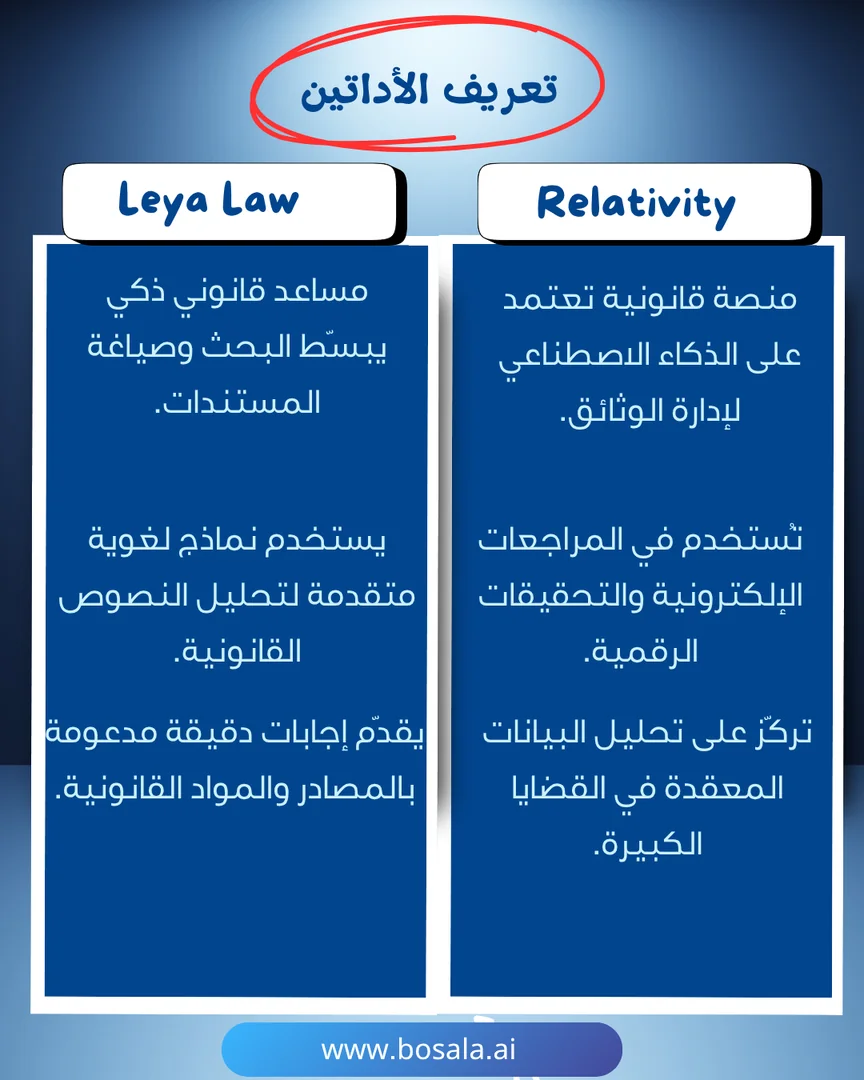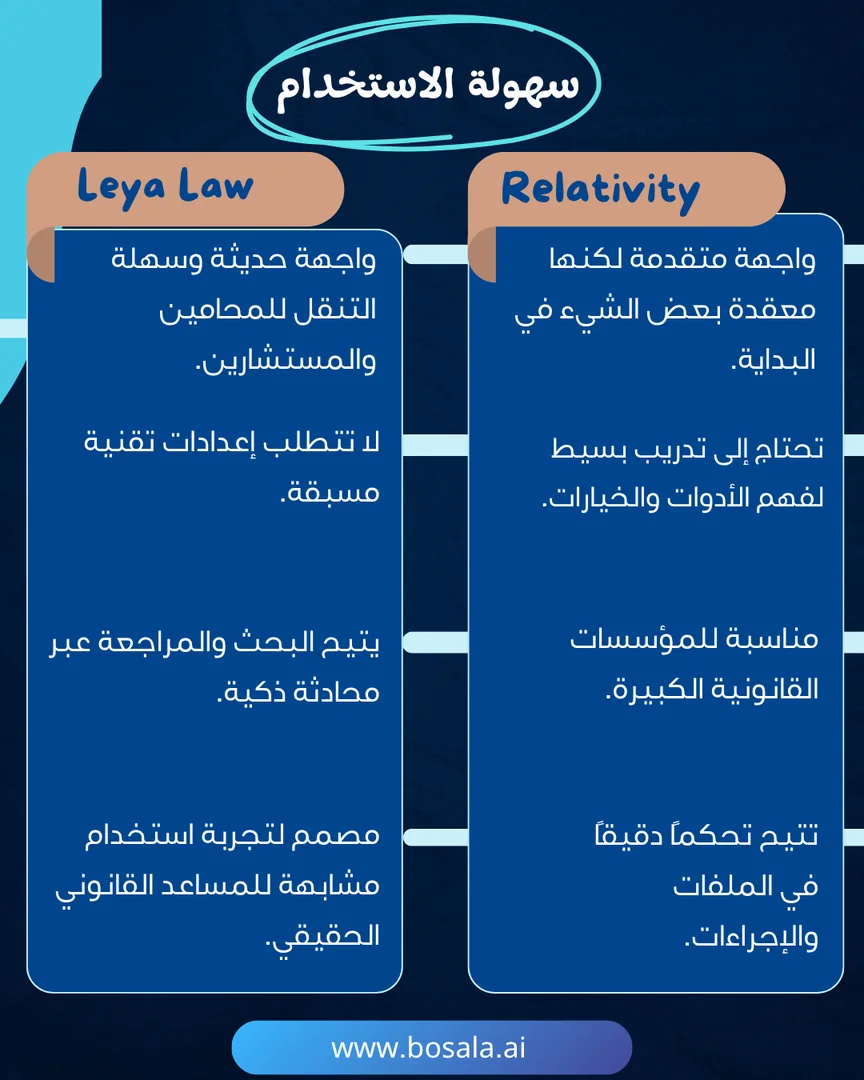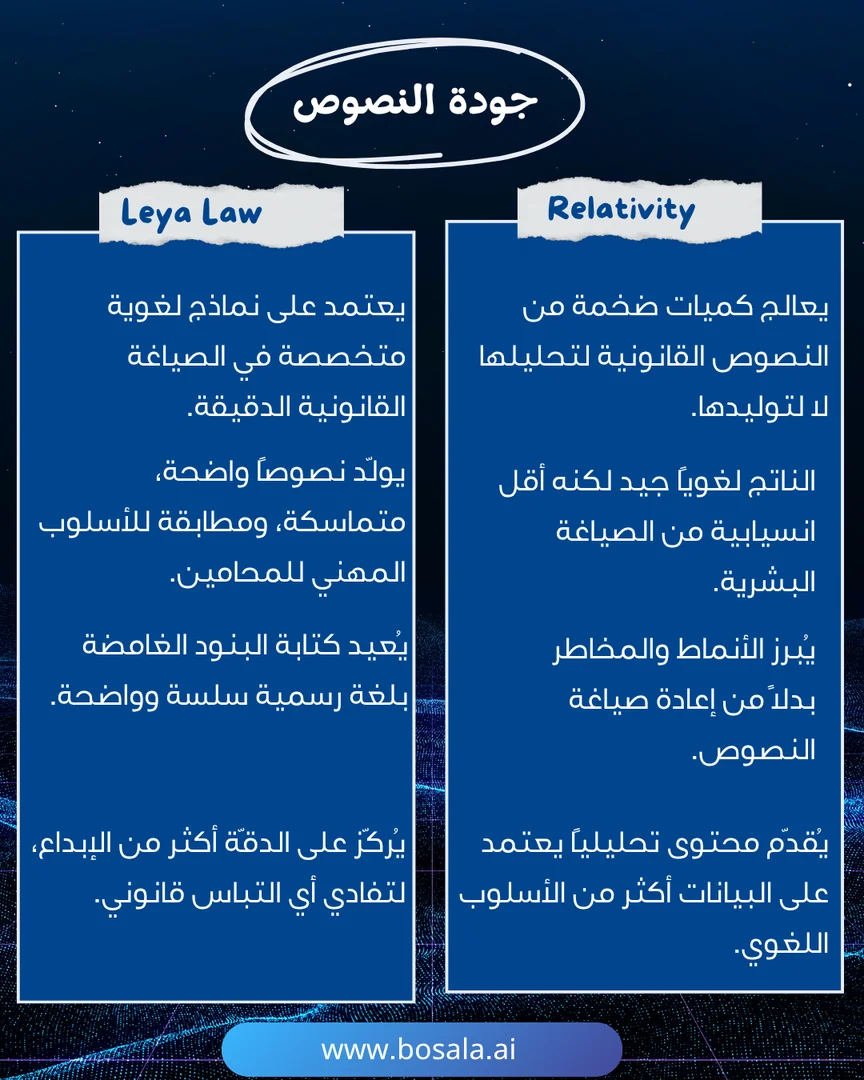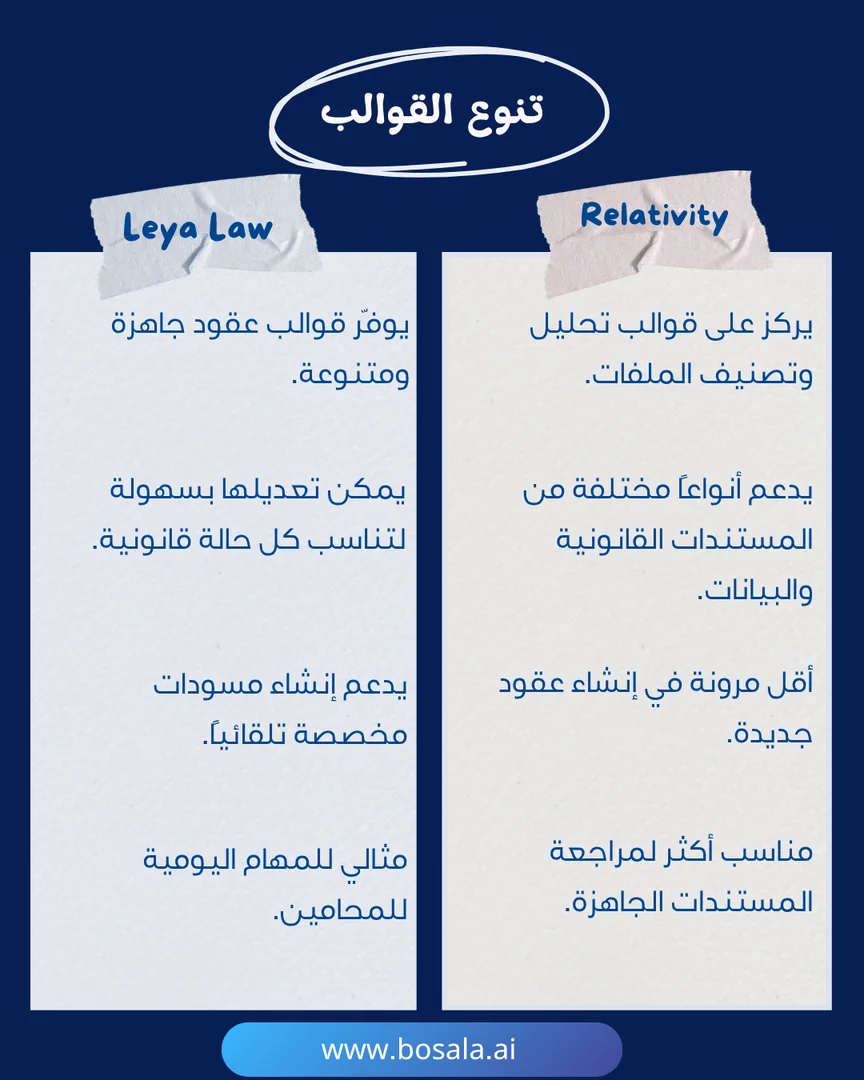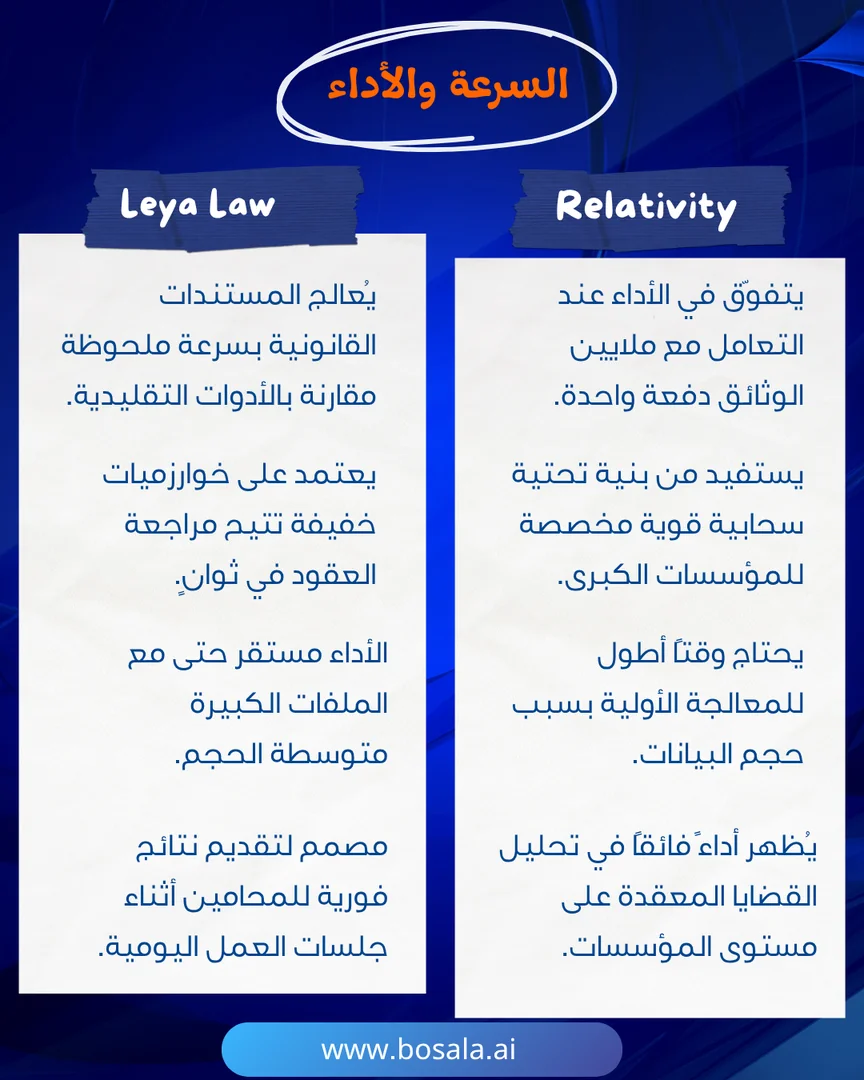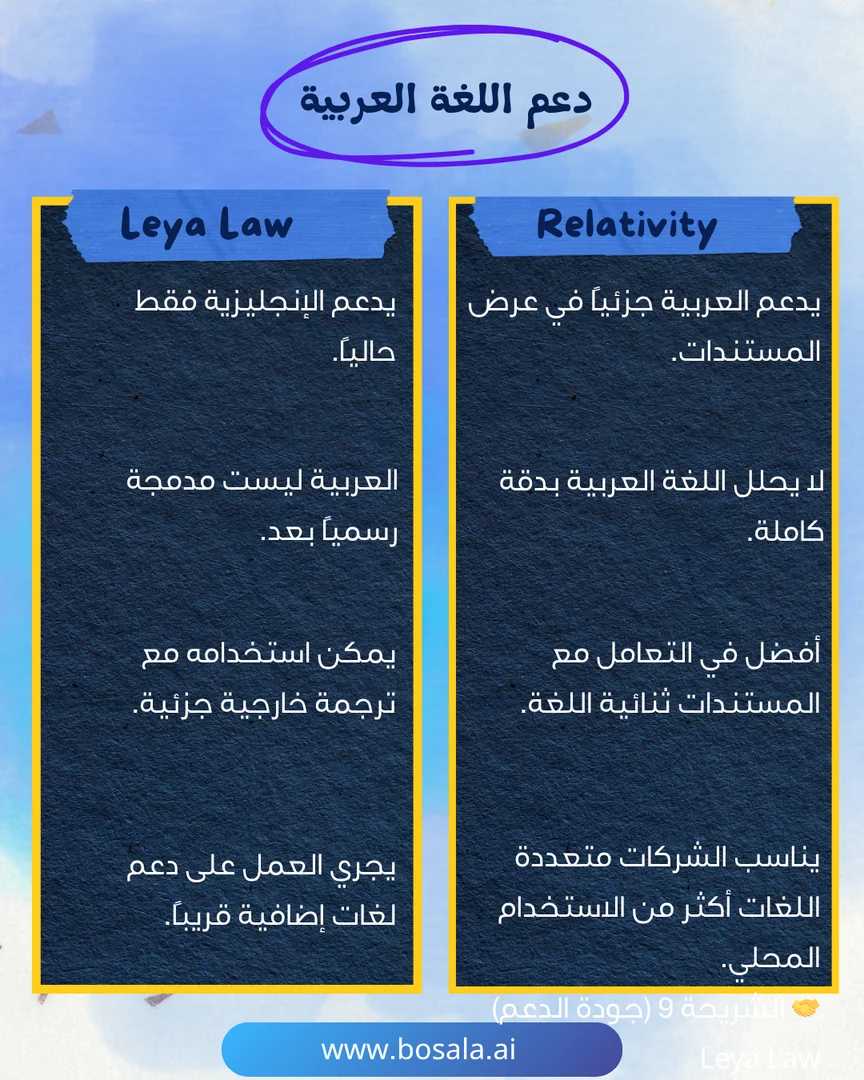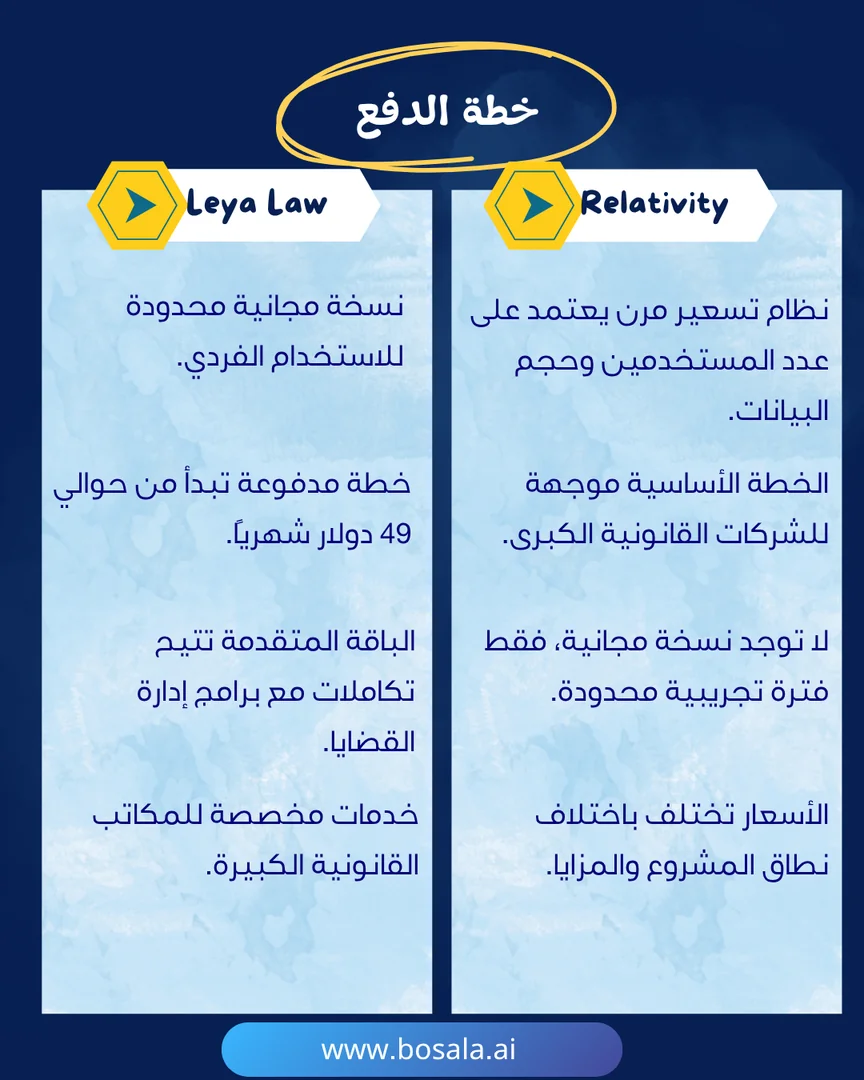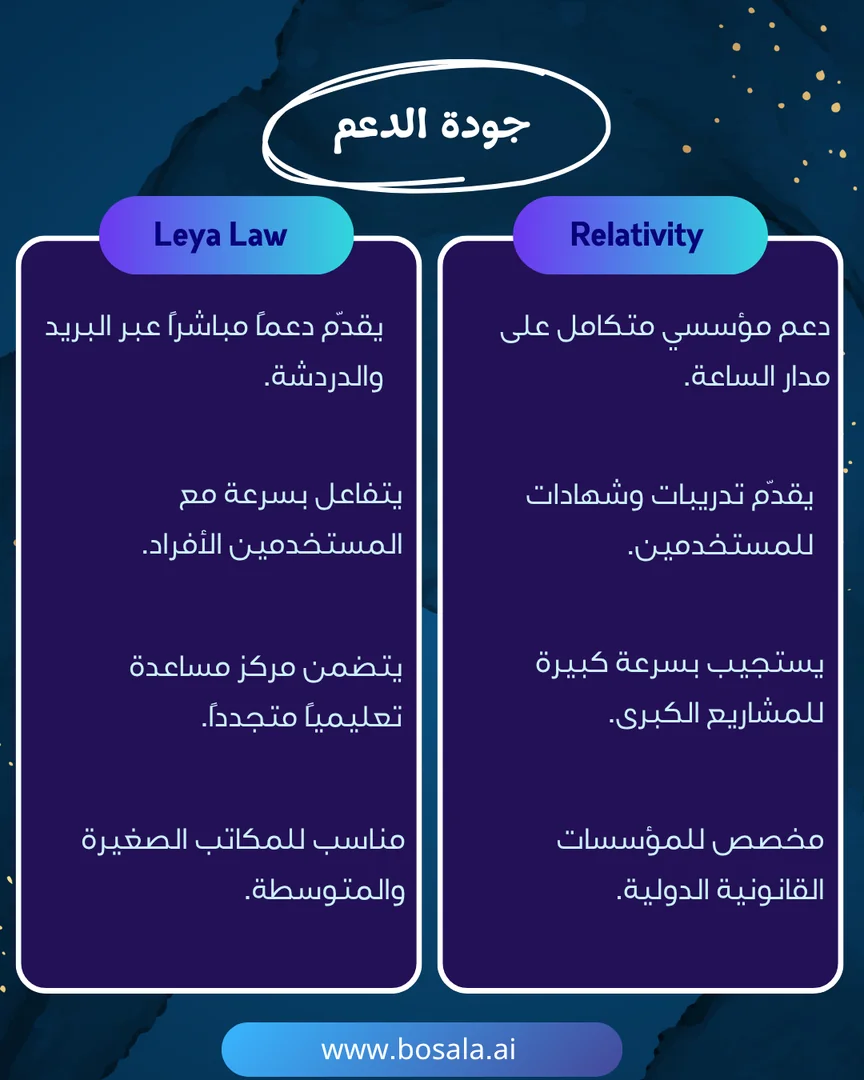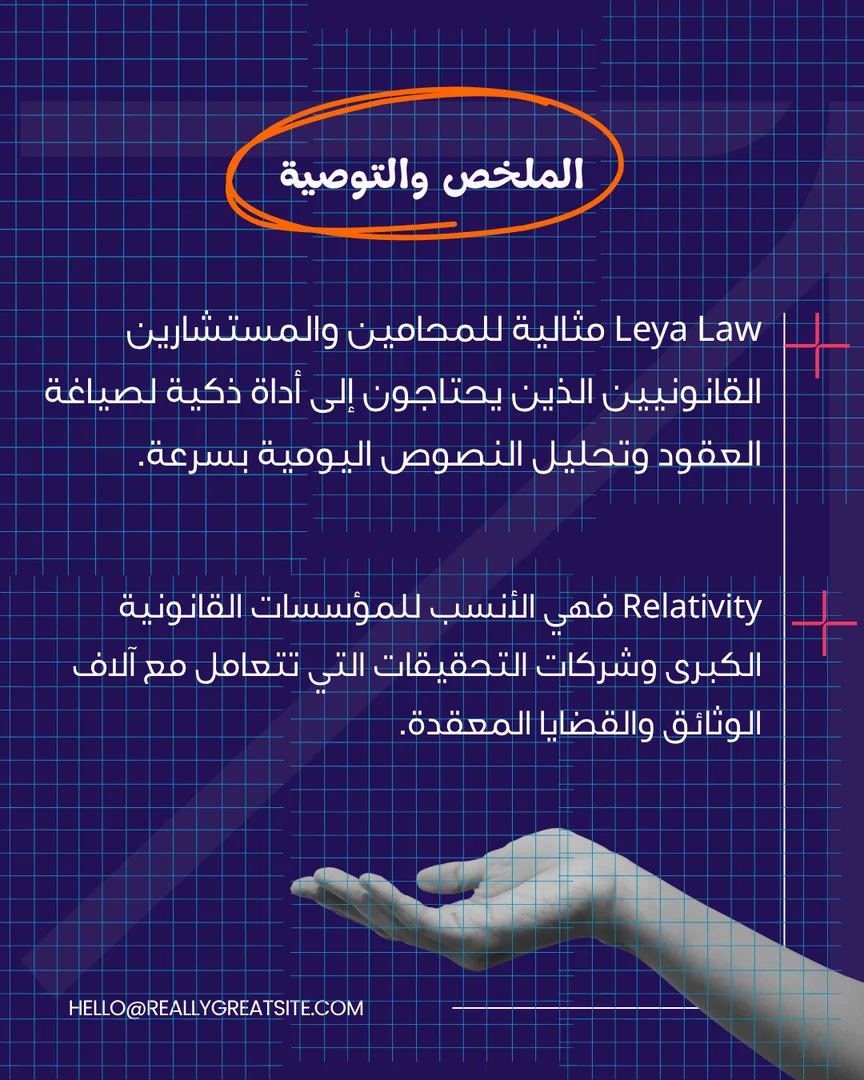🖼️ Tool Name:
Relativity
🔖 Tool Category:
AI-powered e-discovery and legal data intelligence platform; it falls under Integrations & APIs and Analytics & Dashboards in your taxonomy.
✏️ What does this tool offer?
Relativity provides a comprehensive cloud-based platform (e.g., RelativityOne) for organizations—especially law firms, corporate legal departments and government agencies—to manage large volumes of unstructured data (documents, emails, chats) during investigations, litigation, compliance, data breach response and contract analysis.
Key features include processing & ingestion of data, powerful search and analytics, machine-learning assisted review, generative AI modules (Relativity aiR) for document review and privilege detection, legal hold, collection, case assessment, production and reporting.
⭐ What does the tool actually deliver based on user experience?
• Ability to ingest massive datasets (millions of records) and perform advanced analytics to surface key documents and relationships.
• Workflows for document review: tagging, coding, review batching, family-grouping, email threading, privilege check, show-cause review.
• Extensible platform with custom integrations, APIs, and a large ecosystem of apps/extensions (“App Hub”).
• Advanced AI/ML features: Relativity aiR generative AI modules for summarization, privilege detection, case strategy support.
🤖 Does it include automation?
Yes — Relativity automates many aspects of the e-discovery workflow: data ingestion/processing, automated document categorisation / predictive coding, privilege and responsiveness tagging via AI, workflow routing and review batching, as well as APIs for automated integrations with other systems.
💰 Pricing Model:
Enterprise / custom pricing depending on deployment (cloud vs on-prem), volume of data, number of users, modules required.
🆓 Free Plan Details:
No conventional free plan is widely advertised; deployments typically involve enterprise contracts and pricing is customised.
💳 Paid Plan Details:
Paid plans include full platform access, advanced AI modules (Relativity aiR), unlimited review users (depending on contract), integrations, and support.
🧭 Access Method:
• Via web/SaaS platform (RelativityOne) or on-premises deployment depending on the customer.
• APIs and SDKs available for integrations with other legal, compliance or IT systems.
🔗 Experience Link:
https://www.relativity.com
